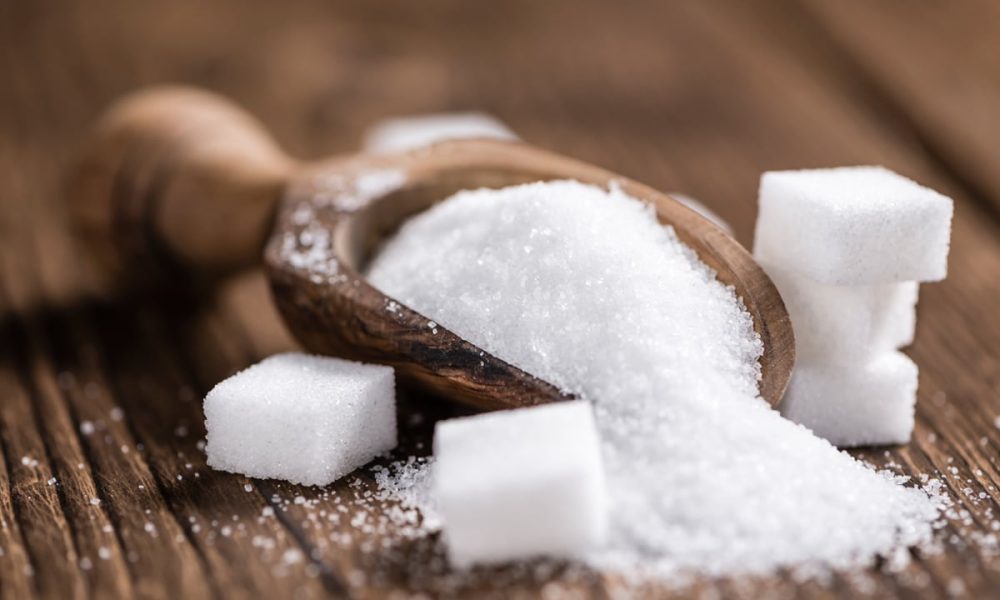Palm Beach County real estate attorneys are no strangers to sugar company litigation
Water quality is a hot button issue in Florida among environmentalists and Palm Beach County real estate attorneys have faced their share of lawsuits regarding Lake Okeechobee and big sugar companies. Big Sugar is one of the Sunshine State’s biggest industries.
This latest fight is over what purpose the new C-51 Reservoir, now under construction, will serve. It began life as an environmental project to protect the Loxahatchee River and Lake Worth Lagoon by holding farm runoff from polluting the lagoon with fresh water it doesn’t need. Now it has morphed into a method of supplying water to growing South Florida Communities.
New Reservoir could mitigate multiple issues
The 400-acre reservoir, being constructed from a string of rock pits west of Lion Country Safari and southeast of Lake Okeechobee, will be able to hold 4.6 billion gallons of water upon completion. Environmental advocates are worried because the project is being built by Palm Beach Aggregates, a mining company co-owned by West Palm Beach-based Florida Crystals, a major sugar supplier. The company is not only profiting from the $161 million project but will also make money from selling the water collected in the reservoir to utilities. Also at issue is the $30 million state loan that went towards construction of the reservoir. The water advocacy group Bullsugar says the project was added to the EAA Reservoir bill as a “last minute sweetener” for Florida Crystals.
According to project manager Ernie Cox, the environmental group’s claims aren’t entirely accurate. Once the project is complete, which will take about two years, Palm Beach Aggregates intends to sell the reservoir to a nonprofit company that will represent the utilities taking water from it. Once that happens, Palm Beach Aggregates and Florida Crystals will have no more ownership of the project.
Cox also stated that the utilities wouldn’t be paying for water, but for construction and maintenance of the facility, including paying back the $30 million state loan. The amount each utility pays will be based on how much water they take. The water will be sent into a network of existing canals where the utilities already get their water. So far, four utilities have signed on, agreeing to pay for a total of 13 million gallons per day.
Environmental groups, who can be highly litigious, have a right to be concerned about the impact of industrial runoff from the sugar companies. Back in May 2021, the cities of West Palm, Palm Beach, and South Palm had to issue a water advisory when a toxin produced by blue-green algae was discovered in its water supply. The Everglades Trust, a nonprofit organization dedicated to protecting the Everglades, blames Florida Crystals and U.S. Sugar for the contamination, which they say came from the sugar companies’ back-pumping of polluted water from their cane fields into Lake Okeechobee and the Everglades, which the companies have been doing since the 1970s. Due to the diligence of the group and their Palm Beach County real estate attorneys, legislation was passed that curtailed the practice somewhat, but according to the Everglades trust the damage has been done.
In June and early July 2023, blue-green algae covered about 380 square miles of the lake, or over half its surface. Lake Okeechobee is the largest freshwater lake in Florida, and a major source of the state’s drinking water as well as agricultural use.
Despite these accusations, Florida Crystals is working to clean things up. The company, along with neighboring farmers in the Everglades Agricultural Area (EAA), were recognized in September for exceeding the 2023 clean water goals. According to the South Florida Water Management District (SFWMD), farmers in the EAA achieved a 63% reduction in phosphorus in the waters of the Everglades, which is more than double the 25% goal set forth in the Everglades Forever Act, a 1994 law designed to spur restoration efforts in the Everglades. Currently, 95% of the water in the Everglades National Park meets water quality standards.
The EAA is a 1,160 square-mile area south of Lake Okeechobee consisting of highly productive farmland. Florida Crystals credits their sustainable farming practices for the phosphorus reduction, but also key to their success is the sugarcane plants themselves, which are good at absorbing nutrients like phosphorus from irrigation water. According to the SFWMD, water flowing south from the EAA was cleaner than when it arrived on Florida Crystal’s farms from Lake O.
The Florida sugar industry has seen its share of lawsuits. Last November, three sugar-farming companies appealed lawsuits they lost against the Army Corps of Engineers over how much Lake Okeechobee water is available to them for crop irrigation. In June of 2019, Palm Beach County real estate attorneys sued U.S. Sugar, Florida Crystals, and the Sugar Cane Growers Cooperative of Florida—three of the country’s largest sugar companies—and 10 other growers and refiners, of negligence because it alleged the practice of burning sugarcane led to increased infant mortality, asthma, and “black snow.” In 2007, Florida lawyers successfully defended Florida Crystals Corporation and Sugar Farms against lawsuit concerning the Fair Labor Standards Act and a claim for overtime compensation.
While there have been a few missteps over the years, water quality in Florida remains a top priority as the state’s population continues to grow. With smarter practices Big Sugar is proving that an industry can be both environmentally responsible and profitable. And that’s a sweet deal for everyone.
When your next purchase or sale is imminent and a closing contract is required, contact Florida Bar Board-Certified Attorneys David E. Klein, Esq. and Guy Rabideau at Rabideauklein.com. They have the expertise and experience you need to ensure that your interests are protected for any real estate transaction that takes place in the Palm Beaches and throughout Florida.

